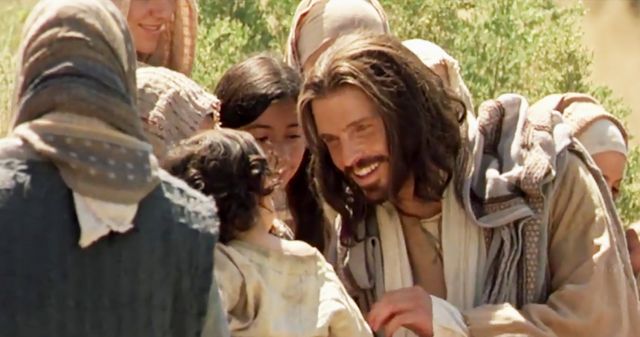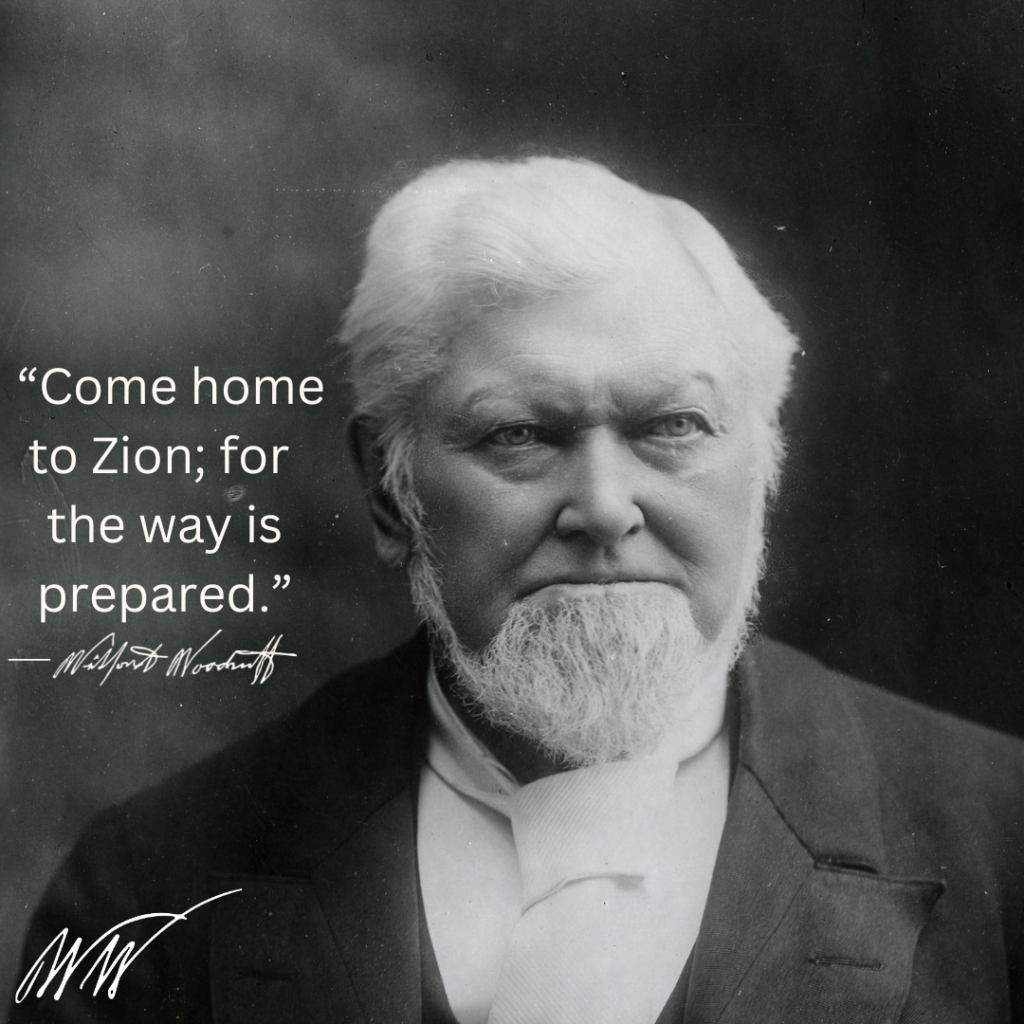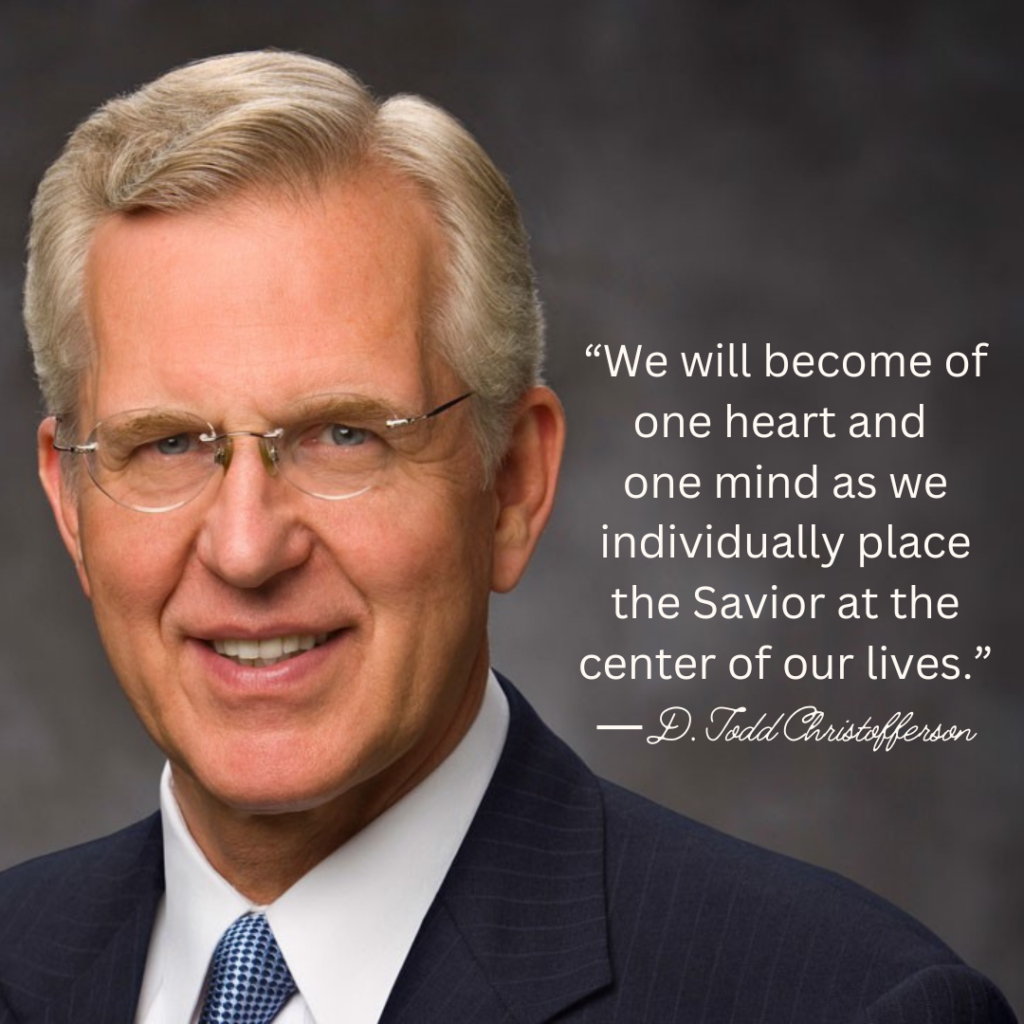"God Loveth a Cheerful Giver"

September 18–24

FAIR Faithful Resources for Come, Follow Me 2023 September 18–24. 2 Corinthians 8–13: “God Loveth a Cheerful Giver.” Find answers to difficult questions to help you in your learning and teaching. Here is a collection of reliable resources to supplement your study of 2 Corinthians 8–13. FAIR Resources link to relevant questions which have been answered on the FAIR website. Under Church Resources you’ll find links to the different Come, Follow Me manuals, as well as other helpful links as applicable. Other Resources link to resources outside of FAIR that are trustworthy and helpful.
Main points to ponder
The lesson invites us gain a personal witness that the Savior’s grace is sufficient to help us find strength in our weaknesses.
“We don’t know what Paul’s ‘thorn in the flesh’ was, but we all have our own thorns that we wish God would remove from our lives.”
- What does 2 Corinthians 12:5–10 have to say about your ‘thorns?’
- What do you learn about Jesus Christ in these verses?
- What does it mean to you that ‘God’s grace is sufficient’ for you?
As you ponder Paul’s teachings about trials, weaknesses and strength, you might find more insight in these scriptures:

Faithful Resources on the FAIR website:
Resources on the Church website:
Come, Follow Me – For Individuals and Families
Faithful Resources from other reliable websites:
- Scripture Central, Lynn Hilton Wilson: 2 Corinthians 7-13: New Testament with Lynne Wilson
- Scripture Central, Taylor and Tyler: 2 Corinthians 8–13 | Sep 11 – Sep 17 | Come Follow Me Insights
- The Scriptures are Real, Kerry Muhlestein: Always be Humble and Kind: Sharing God’s Caring with Brent Schmidt
- Follow Him, John Bytheway and Hank Smith: 2 Corinthians 8-13 Part 1 • Dr. Joseph Spencer, 2 Corinthians 8-13 Part 2 • Dr. Joseph Spencer
- Unshaken, Jared Halverson: Come Follow Me – 2 Corinthians 8-13 (part 1): A Cheerful Giver, Come Follow Me – 2 Corinthians 8-13 (part 2): Made Perfect In Weakness
- Talking Scriptures, Bryce Dunford and Mike Day:
- Don’t Miss This, David Butler and Grace Freeman: Come Follow Me New Testament 2 Corinthians 8-13
- BYU Scripture Roundtable Discussions: O Death, Where Is Thy Sting?: 1 Cor. 15 2 Cor. 11-12
Dig Deeper
- General Conference Talks
- Todd Christofferson: The Power of Covenants
- Dallin H. Oaks: Helping the Poor and Distressed and Alternate Voices
- BYU Devotionals
Arthur C. Brooks: Why Giving Matters | Arthur C. Brooks | BYU Speeches
Lesson Devotional



Christian Decker is the Archivist for the Wilford Woodruff Papers. Recently graduated with a Bachelor’s in History and a Minor in Anthropology from Brigham Young University, Christian is incredibly passionate about the power of stories in our everyday lives. He believes that history should be made available to the public, inspiring them on both a societal and personal level. He is completing a Master’s in Public History from Duquesne University to continue pursuing his passion. From preserving the stories of military veterans to promoting interfaith dialogue, Christian has made history his life’s work. He is incredibly grateful to be a part of the Wilford Woodruff Papers Project, and is eager to further its goals of bringing President Woodruff’s records to life.

Lesson devotionals are provided by the Wilford Woodruff Papers Foundation. Its mission is to digitally preserve and publish Wilford Woodruff’s eyewitness account of the Restoration of the gospel of Jesus Christ from 1833 to 1898. It seeks to make Wilford Woodruff’s records universally accessible to inspire all people, especially the rising generation, to study and to increase their faith in Jesus Christ. See wilfordwoodruffpapers.org.
“Preparing the Way to Zion”
By Christian Decker
It goes without saying that we live in a fallen world, with bad situations and baser instincts leaving many of us physically and spiritually poor. The Lord has taught us to pursue self-reliance, learning to provide for ourselves and our families in every aspect of our lives. Take a moment and think of Christ’s teachings in the New Testament. Many were taught using everyday events and situations that His audience could understand. Roman coinage, wedding traditions, the rule of kings, and other aspects of ancient life can seem foreign to latter-day readers, yet mustard seeds and finding pearls of great price resonate with us centuries later because we recognize the eternal principles of growth and seeking to change. In order to effect change, one must put in work. This principle of sacrifice extends to everything we hope to build, yet this represents only half of the Lord’s instruction.
 We become strong so that we may serve others as Christ would have us. Drawing on principles of agriculture, Paul taught the Corinthians, “He which soweth sparingly shall reap also sparingly; and he which soweth bountifully shall reap also bountifully. Every man according as he purposeth in his heart, so let him give; not grudgingly, or of necessity: for God loveth a cheerful giver” (2 Corinthians 9:6–7). This pattern of cheerfully giving to others is the foundation of Zion. No program can address every need in a community because the needs will always change and overwhelm the resources provided. A pattern of building others up, however, ensures that all may prosper as everyone looks out for each other. In this way, a community can become Zionlike—of one heart and one mind (see Moses 7:18). As Paul again taught, “For I mean not that other men be eased, and ye burdened: But by an equality, that now at this time your abundance may be a supply for their want, that their abundance also may be a supply for your want: that there may be equality” (2 Corinthians 8:13–14).
We become strong so that we may serve others as Christ would have us. Drawing on principles of agriculture, Paul taught the Corinthians, “He which soweth sparingly shall reap also sparingly; and he which soweth bountifully shall reap also bountifully. Every man according as he purposeth in his heart, so let him give; not grudgingly, or of necessity: for God loveth a cheerful giver” (2 Corinthians 9:6–7). This pattern of cheerfully giving to others is the foundation of Zion. No program can address every need in a community because the needs will always change and overwhelm the resources provided. A pattern of building others up, however, ensures that all may prosper as everyone looks out for each other. In this way, a community can become Zionlike—of one heart and one mind (see Moses 7:18). As Paul again taught, “For I mean not that other men be eased, and ye burdened: But by an equality, that now at this time your abundance may be a supply for their want, that their abundance also may be a supply for your want: that there may be equality” (2 Corinthians 8:13–14).
Wilford Woodruff understood the divine significance of this charge, and sought to consecrate himself early in his membership. In 1834 he declared, “Be it known that I Wilford Woodruff do freely covenant with my God that I freely consecrate and dedicate myself together with all my properties and affects unto the Lord for the purpose of assisting in building up His kingdom, even Zion on the earth.”1 I too felt a similar conviction when I first entered into sacred covenants in the Lord’s House, though at the time I didn’t fully understand what would be required. I’ve observed since then that the abundance I’ve given away has not always been money. Time, testimony, knowledge, and a tender heart have all been given to help build up Zion. Wherever you are, you have something to offer to help lift another. We sacrifice what we can to build those around us, and brick by brick, we create wards and communities where the poor in heart and body can come and feel whole.
In 1856, Wilford Woodruff wrote to Orson Pratt about seeing handcart companies arrive in the Salt Lake Valley after a long and arduous journey. “As I gazed upon the scene, meditating upon the future result, it looked to me like the first hoisting of the flood gates of deliverance to the oppressed millions; we can now say to the poor, and honest in heart, Come home to Zion; for the way is prepared.”2
1 Wilford Woodruff’s Journal, December 31, 1864, p. 32, The Wilford Woodruff Papers, wilfordwoodruffpapers.org.
2 Letter to Orson Pratt, September 30, 1856, p. 2, The Wilford Woodruff Papers, wilfordwoodruffpapers.org.

Chapter Summaries
2 Cor: 8
1-15: Paul shares with the Corinthian saints how generous Macedonian churches have been, and encourages them to continue to be as charitable as they have been in the past. The goal is that there be no rich and poor, but equality.
16-24: Paul commends Titus and his other representatives to the Corinthians.
2 Corinthians 9
1-15: Paul again thanks them for their generosity, encourages them to continue to give and shares how their actions have been a good example to other Christian communities. He discusses the blessings that come from giving – that those who sow bountifully will reap bountifully. “God loveth a cheerful giver.” (v.7)
2 Corinthians 10
1-18: When compared against others who are involved in teaching in Corinth, Paul defends both the seeming harshness of his letters and his authority to share the gospel. His hope is for truth to be taught and for their faith and good works to increase.
2 Corinthians 11
1-21: Paul again refers to the others who are teaching in Corinth, questioning their motives and warning against their false teachings. While they may boast of greater authority or a better message than Paul, Paul tries to convince the saints that his actions, motives and message have always been pure.
21-33: As Paul pleads for the Corinthian saints to not be led astray, he shares that he has the same credentials as the other teachers, but his message has been proved through the afflictions he has been willing to endure for the gospel’s sake.
2 Corinthians 12
1-4: Continuing on the theme from chapter 11, Paul mentions that he has had experiences too scared to share and hopes that sharing this will give additional credence to his ministry.
5-10: Paul shares that while his experiences could give him reason to boast (like those other teachers in Corinth), the Lord helps him to be humble through the weaknesses which he has.
11-21: Paul again pleads that the saints in Corinth will accept his authority and remember that Paul has always acted out of love. He compares his relationship to them as parent to child. He pleads with them to continue to obey the commandments and to not backslide into previous bad habits.
2 Corinthians 13
1-10: Paul makes a final plea that the saints there will respect his authority and teachings and recognize that the gospel message is one that will bring power to their lives. He encourages repentance, if needed.
11-14: And finally he hopes they will enjoy the joy, peace, love and grace that comes from Jesus, the Spirit and God the Father.
read 2 Corinthians 13 now
Faithful Resources, and Faithful Resources. Also, Faithful Resources therefore Faithful Resources. But without Faithful Resources you’ll need Faithful Resources; because Faithful Resources help. Twelve apostles give Faithful Resources, therefore Faithful Resources abound. Since Faithful Resources at Faithful Resources then Faithful Resources because Faithful. Resources at Faithful Resources as Faithful Resources are Faithful Resources therefore Faithful Resources. Again, Faithful Resources Faithful Resources Faithful Resources Faithful Resources Faithful Resources Faithful Resources Faithful Resources. Since Faithful Resources then Faithful Resources.

